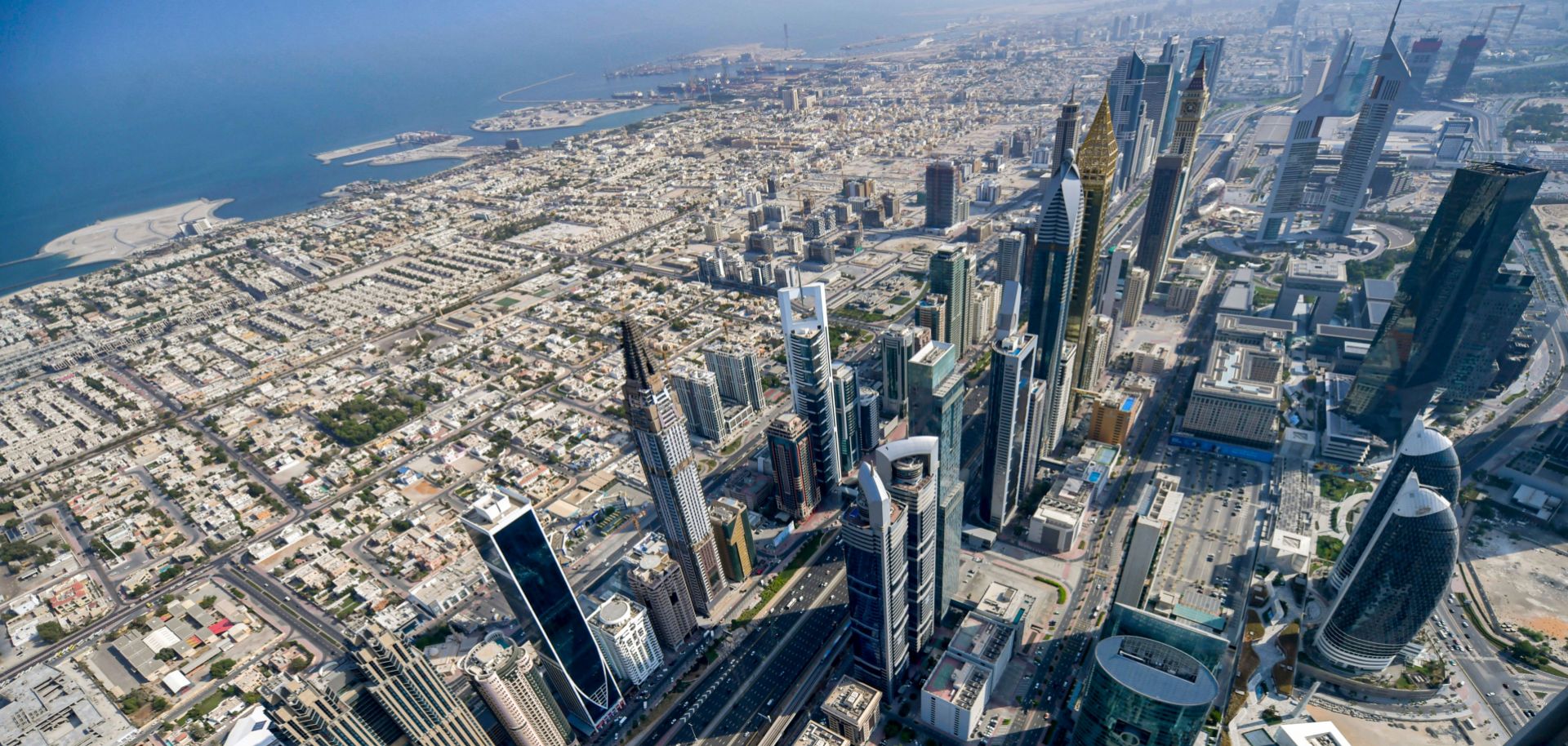The United Arab Emirates is considering offering citizenship to its large expatriate population, which would significantly alter the country’s political economy, as well as its regional relationships, by assimilating non-Arab Gulf residents into its middle- and upper-classes. Over time, this new group of foreign-born Emirati citizens would likely erode the tribal and ethnic dynamics that have long shaped the governance of Abu Dhabi and Dubai, along with the cultural foundations driving many aspects of cooperation in the Arab Gulf. On Sept. 30, the Emirati government unveiled proposed changes to the country’s citizenship law that would ease the way for investors, long-term residents and wealthy foreigners to earn a permanent place in the country. With foreigners far outnumbering its local population, the United Arab Emirates’ current citizenship laws have offset the country’s long-standing demographic imbalances by ensuring the influence and prominence of its minority Emiratis via special legal and political protections. Changing...


